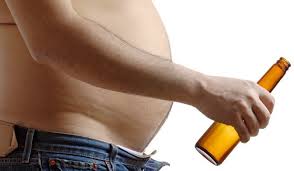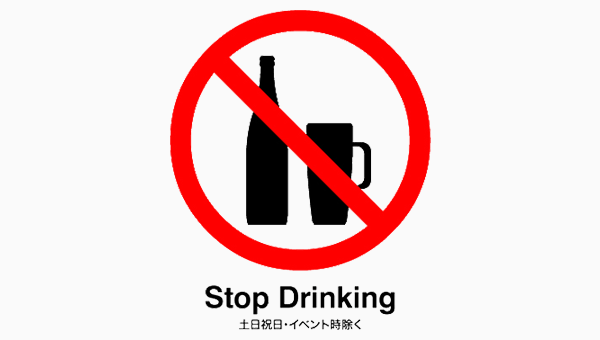Alcohol dependence signs and symptoms

Alcohol dependence signs and symptoms are real and the many seasonal mistakes people make during holiday when merrymaking is not helping
Alcohol dependence signs and symptoms: Compulsive behaviors
Substance abuse experts make a distinction between alcohol abuse and alcoholism which is also known as alcohol dependence in the sense that, unlike alcoholics, alcohol abusers have some ability to set limits on their drinking. But even with that, their alcohol use is still self-destructive and dangerous to themselves and others in many ways including:
- Repeatedly neglecting your responsibilities at home, work, or school because of your drinking. For example, performing poorly at work, flunking classes, neglecting your kids, or skipping out on commitments because you’re hung over.
- Using alcohol in situations where it’s physically dangerous, such as drinking and driving, operating machinery while intoxicated, or mixing alcohol with prescription medication against doctor’s orders.
- Experiencing repeated legal problems on account of your drinking. For example, getting arrested for driving under the influence or for drunk and disorderly conduct.
- Continuing to drink even though your alcohol use is causing problems in your relationships. Getting drunk with your buddies, for example, even though you know your wife will be very upset, or fighting with your family because they dislike how you act when you drink.
- Drinking as a way to relax or de-stress. Many drinking problems start when people use alcohol to self-soothe and relieve stress. Getting drunk after every stressful day, for example, or reaching for a bottle every time you have an argument with your spouse or boss.
Alcohol dependence signs and symptoms: The path from alcohol abuse to alcoholism
According to the experts from AWAREmed health center under the leadership of doctor Dalal Akoury MD, it is important noting that even though alcohol affects everybody, it is not that all alcohol abusers become full-blown alcoholics, it is a big risk factor. Sometimes alcoholism develops suddenly in response to a stressful change, such as a breakup, retirement, or another loss. Other times, it gradually creeps up on you as your tolerance to alcohol increases. If you’re a binge drinker or you drink every day, the risks of developing alcoholism are greater.
Signs and symptoms of alcoholism
Alcoholism is the most severe form of problem drinking. Alcoholism involves all the symptoms of alcohol abuse, but it also involves another element: physical dependence on alcohol. If you rely on alcohol to function or feel physically compelled to drink, you’re an alcoholic.
Do you have to drink a lot more than you used to in order to get buzzed or to feel relaxed? Can you drink more than other people without getting drunk? These are signs of tolerance, which can be an early warning sign of alcoholism. Tolerance means that, over time, you need more and more alcohol to feel the same effects.
Do you need a drink to steady the shakes in the morning? Drinking to relieve or avoid withdrawal symptoms is a sign of alcoholism and a huge red flag. When you drink heavily, your body gets used to the alcohol and experiences withdrawal symptoms if it’s taken away. This include:
- Anxiety
- Trembling
- Sweating
- Nausea and vomiting
- Insomnia
- Depression
- Irritability
- Fatigue
- Loss of appetite
- Headache
Finally, in severe cases, withdrawal from alcohol can also involve hallucinations, confusion, seizures, fever, and agitation. These symptoms can be dangerous, and that is why consulting with AWAREmed Health center from time to time is the best option for your guaranteed health and comfort.
Alcohol dependence signs and symptoms: Compulsive behaviors
http://www.awaremednetwork.com/


